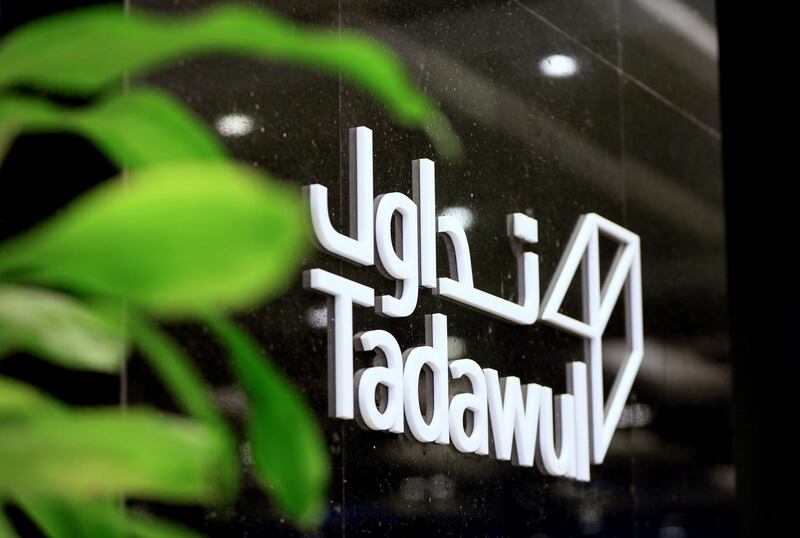Alkhabeer Capital has opened the subscription to its 237 million riyals (Dh232.1m) Sharia-compliant real estate investment trust (Reit) initial public offering, following an increasingly popular strategy among regional asset managers to raise funds through equity markets by listing income-yielding investment vehicles.
The public float of Alkhabeer REIT Fund on Saudi Stock Exchange, or Tadawul as the Arab world’s biggest bourse is known, represents about 24 per cent of the investment fund, which has assets in excess of 1 billion riyals, said Alkhabeer Capital, a Saudi Arabia-based alternative asset manager.
Subscription to the Reit IPO will remain open until November 29 through Aljazira Capital, National Commercial Bank, Riyad Bank, Al-Rajhi Bank, Arab National Bank and Saudi Fransi Bank, it added.
“The target returns of over 9 per cent per annum, distributed quarterly, are among the highest in comparison with other real estate investment traded funds listed on Tadawul,” said Ahmed Saud Ghouth, chief executive of Alkhabeer.
The fund invests in seven income-generating real estate assets in the Riyadh, Jeddah and Tabuk regions of the kingdom, the company said, without giving further details.
____________
Read more:
The first Arabian Gulf IPO of 2018 opens for subscription in Saudi Arabia
Listing of Etihad REIT ‘postponed until next year’
ENBD Reit reports 88% occupancy across Dubai portfolio
____________
Reits have grown in popularity in Saudi Arabia, the region's biggest economy and Opec's top oil producer, after the regulator put the framework in place for them to be traded on the stock market in 2016. Since the approval of Reit regulation, several investment vehicles have listed on Tadawul, with some of them outperforming the benchmark stock index.
IPOs in the Middle East and North Africa raised $881.5m in the second quarter of the year, led by listings in Saudi Arabia and Oman. The value and volumes of listings increased 42.8 per cent and 12.5 per cent year-on-year, respectively, during the second quarter, compared with the same period last year, according to Ernst & Young report released in August.
Al Rajhi Capital was the first asset management firm this year to list Al Rajhi REIT Fund on Saudi bourse, when it sold 42.67 million shares. The Sharia-complaint fund aimed to have a total size of 1.62bn riyals and is targeting a yield of 6.16 per cent in 2018, the company said in January at the time of listing.
Reits are long established in developed markets like the US and the UK and even some of emerging markets such as Hong Kong and Singapore. They are relatively new in this part of the world.
Asset managers in the UAE, the second-biggest Arabian Gulf economy, are also increasingly looking to list Reits on the country's bourses.
Mubadala Real Estate, the property division of Abu Dhabi’s state investment fund Mubadala Investment Company, is in talks with potential joint venture partners to develop future projects, and plans to launch a Reit as it prepares for an expected uptick in the UAE property market from 2019.
"We're in discussions with two or three developers to do joint ventures with them on a plot-by-plot basis," Ali Eid Al Mheiri, executive director of Mubadala Real Estate, told The National in April. "Those talks have yet to be finalised, [but] we should be able to announce them in 2018."
Mubadala’s proposed Reit would initially incorporate assets from Al Maryah Island, the free zone that houses Abu Dhabi Global Market. The plans are likely to be implemented within the next two years and the investment vehicle will probably include a combination of residential and commercial properties, Mr Al Mheiri said at the time.







